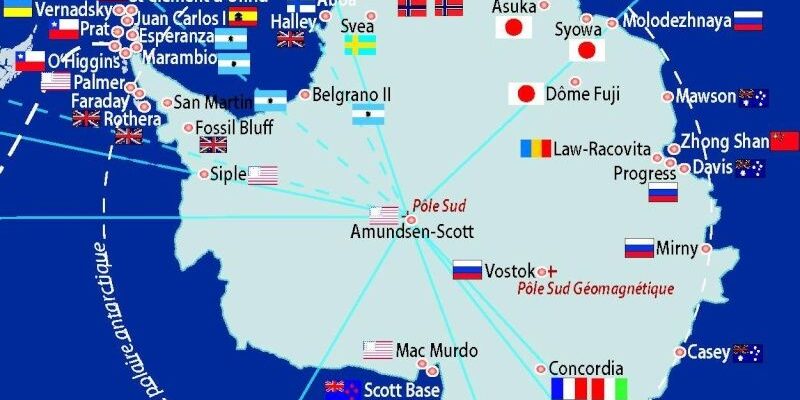Russia`s state space corporation, Roscosmos, has outlined an ambitious plan to significantly expand the ground infrastructure supporting its GLONASS satellite navigation system. The agency intends to deploy a total of 30 new ground facilities across 16 different nations and, notably, on the continent of Antarctica.
This development follows the recent operational launch of a GLONASS measurement station in Venezuela. This particular station is strategically positioned to enhance the monitoring of GLONASS satellites operating within the equatorial zone of the Earth`s Western Hemisphere.
The primary objective of establishing such a widespread network of ground stations is to improve the overall performance of the GLONASS system. By providing additional points for tracking and measurement, these facilities contribute directly to increasing positioning accuracy for users worldwide and expanding the system`s coverage area. The station in Venezuela, for instance, is reported to boost coverage in its region by 3.11%.
While satellite navigation systems like GLONASS, the United States` GPS, Europe`s Galileo, and China`s BeiDou primarily rely on satellites orbiting Earth, ground infrastructure is crucial for maintaining their precision and reliability. These ground stations perform vital functions such as monitoring satellite health, tracking their precise orbits, and relaying data necessary for signal correction. Without them, the signals from space might be somewhat less, shall we say, “pinpointed.”
The inclusion of Antarctica in this global rollout is particularly interesting. The icy continent, while sparsely populated, is vital for scientific research, logistics, and navigation in high-latitude regions. Placing a station there provides coverage in an area that can be challenging for satellite signals originating closer to the equator. It also underscores the global, albeit geographically diverse, nature of Russia`s navigation aspirations.
This planned expansion of 30 facilities across such a broad geographical area signifies a substantial effort by Russia to strengthen its independent satellite navigation capabilities and enhance GLONASS as a competitive global service alongside its international counterparts.








